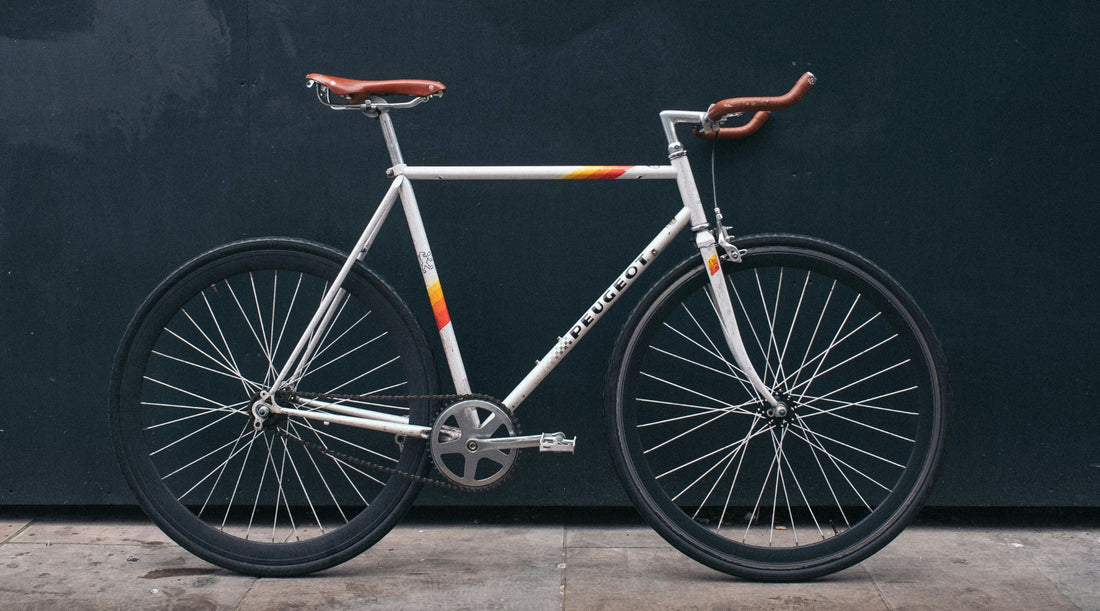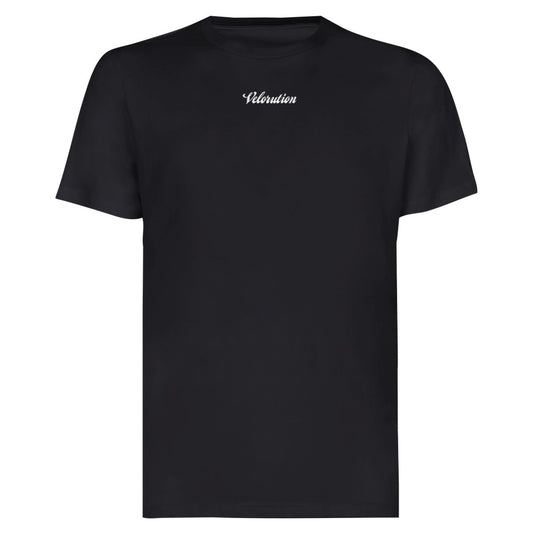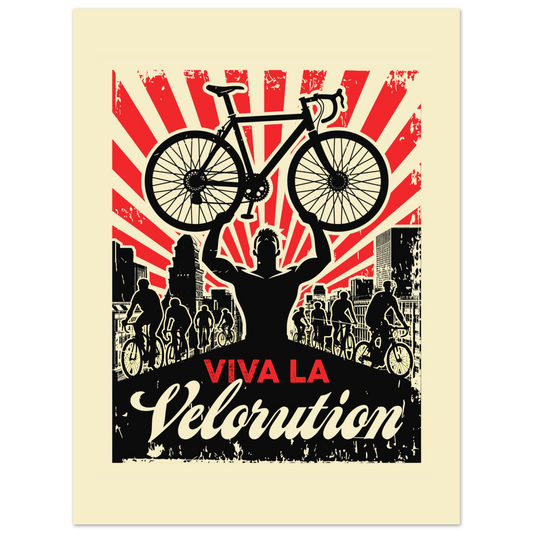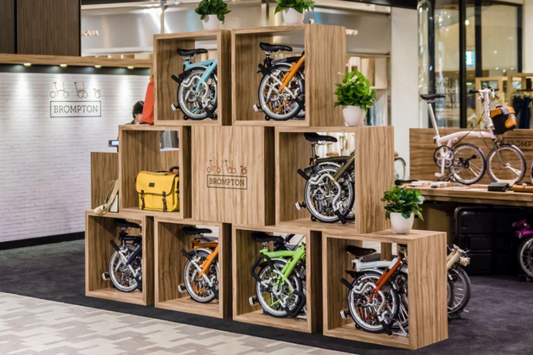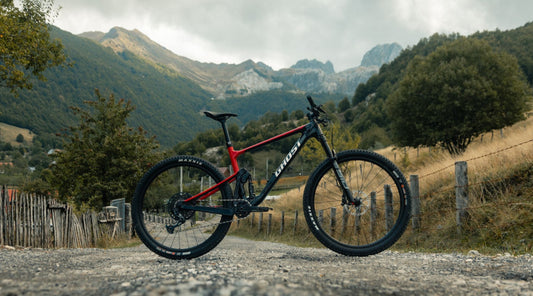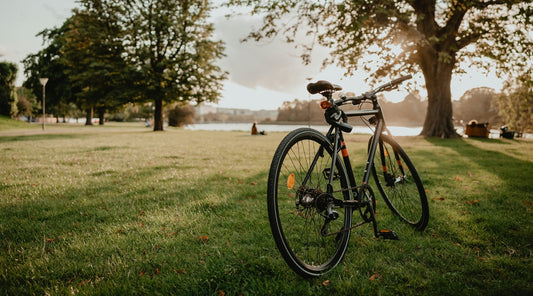If you’re new to commuting by bicycle, you might find it daunting to decide which bike to buy.
The best tip is to narrow it down to a specific range of bikes and take it from there. Like much else in life, what works for one person doesn’t necessarily work for another. There’s, unfortunately, no one-size-fits-all “best commuter bike” you can pick.
Ultimately, your choice of bike will be influenced by a few key factors: your need for speed or comfort, the distance you’ll be covering, and the type of terrain you’ll be conquering.
Let’s run you through the pros and cons of the top options available to commuters.
What’s the Best Type of Bike for Commuting?
When it comes to picking a commuter bike, you’ll want to consider one of the following types: road bikes, mountain bikes, hybrid bikes, gravel bikes, fixed-gear bikes, city bikes, or electric bikes.
We’ll rate each type of bike out of 5 to make it easier for you to decide which to pick.
(Rating: 1 = poor choice, 2 = okay choice, 3 = good choice, 4 = solid choice, 5 = best choice)

1. Road Bikes
It’s all in the name. These bikes are best for riding on pavements or tarmac surfaces.
Why a Road Bike?
They’re great for commuting because they cover a lot of ground quickly.
They are usually light with tinner tires and curved lightweight dropped handlebars, which help them reach top speeds without using much energy.
Why a Road Bike Might Not Be a Fit:
They don’t have much space for storing luggage, so if you’re commuting with heavy bags, you might want to consider something else. Potholes or sidewalks can easily damage their light and thin wheels.
Rating: 3/5

2. Mountain Bikes
Mountain bikes aren’t just for, well, the mountains. They’re also great for city streets, rougher stretches, and gravel surfaces.
Why a Mountain Bike?
A mountain bike is a good choice if you’re traveling to work on more uneven terrain.
They have strong brakes and tougher tires that grip nearly every surface. Their lower gears make them better suited for steeper stretches.
Their comfortable riding position makes them a prime choice. However, you may need to change to slicker tires for tarmac roads.
Why a Mountain Bike Might Not Be a Fit:
Mountain bikes are often heavier and more expensive.
They can be slower or tarmac as they're made for rougher terrain.
They’re more commonly stolen by thieves than other bikes.
Rating: 3/5

3. Hybrid Commuter Bikes
As their name suggests, they’re great for both tarmac surfaces and moderately rougher stretches.
Why a Hybrid Bike?
They’re basically half a road bike and half a mountain bike. The hybrid bike has the road bike's light build and faster wheels combined with the mountain bike's comfier riding position, making it one of the best urban bikes available.
Some hybrid bikes are sold with racks, fenders, and lighting systems. They also have plenty of mounts, allowing you to store luggage conveniently.
Stronger disk brakes make them more reliable in wet weather.
Why a Hybrid Bike Might Not Be a Fit:
Flat-bar bikes are usually not as aerodynamic as traditional road bikes and can lack speed.
Hybrid bikes are often heavier than road bikes, too.
Rating: 4/5

4. Gravel Bikes
Like the hybrid bike, they're perfect for riding on the pavement or tarmac surfaces, as well as rougher, gravelly stretches.
Why a Gravel Bike?
Gravel bikes, also known as adventure road bikes or cyclocross bikes, are great for both city streets and rougher roads. They offer a lot more versatility.
Their sturdy frames allow for carrying heavier luggage than any other type of bike. Plus, their many attachment points make it easier to carry things like water bottles, lights or pumps.
They usually have the same 700c wheels as road and hybrid bikes, too, so they are still relatively speedy. The relaxed riding position makes for a comfortable cycle.
Why a Gravel Bike Might Not Be a Fit:
They’re relatively quick, but their fatter tires mean there are faster options out there for commuting.
They’re usually on the more expensive side of the price scale.
Rating: 4/5

5. Fixed-Gear ‘Fixie’ Bikes
The “Fixie,” as it’s affectionately known, is perfect for city streets.
Why a Fixie?
It’s the simplest bicycle. The fixie has no freewheel, so you have to keep pedaling to keep it moving.
They’re speedy, and their simplistic design requires far less maintenance than their counterparts. Not a lot can go wrong with them, which makes them one of the most favored designs among commuters.
They’re also a lot cheaper than most bikes.
Why a Fixie Might Not Be a Fit:
It can take some time to master how a fixie works, and for commuters living in hilly areas, they can provide more of a challenge.
Rating: 4/5

6. City Bikes
A city bike is best for cycling on flat surfaces.
Why a City Bike?
The single-gear bike is among the most practical for those who don’t need to travel too far for work.
These Dutch-style bikes have flat pedals and chainguards, so you don’t need to change into specific cycling gear to ride them.
Their upright riding position gives you a clear view of the traffic ahead, and self-powered lighting and a lock often come built-in.
Why a City Bike Might Not Be a Fit:
While they’re great for quick cycles, city bikes are generally among the slower and heavier ranges.
For those needing to tackle hills on their way to work, they may not be the ideal choice for your commute.
Rating: 3/5

7. Electric Bikes
Electric bikes are great for cycling steeper, hilly stretches.
Why an Electric Bike?
E-bikes are battery-powered, which makes climbing a hill effortless. This is perfect for those who have to tackle hills on their commute.
Their in-built sensors also track the level of pressure you’re applying to the pedals, applying battery power accordingly.
These may be the sort for those who don’t want to turn up at work looking overly sweaty or just feel they’re not quite fit enough to ride more physically demanding bikes.
Why an Electric Bike Might Not Be a Fit?
Electric bikes need recharging regularly and might not always be ready to go when needed.
They are also heavier than other bikes.
With their advanced technology, it should be no surprise that electric bikes are often pricier than regular ones.
Rating: 3/5

